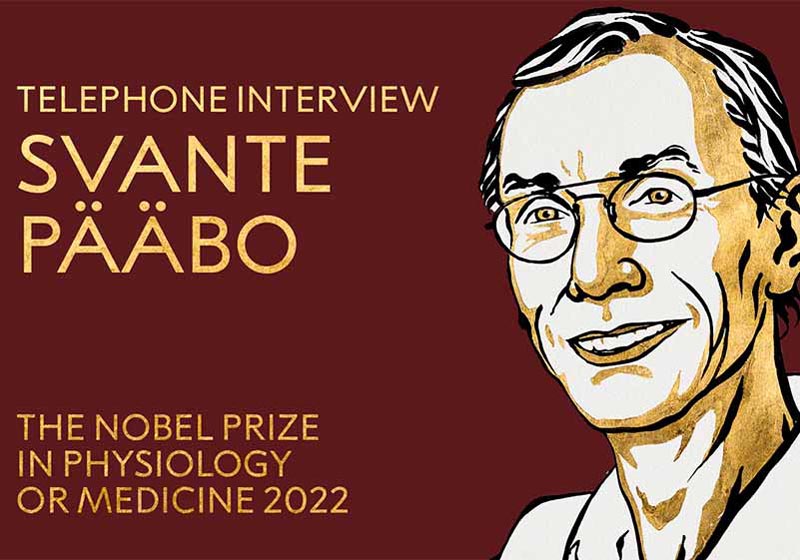The Swedish researcher Svante Pääbo was awarded the 2022 Nobel Prize in Medicine and Physiology for having achieved the genomic sequencing of Neanderthal man - an extinct relative of modern humans - from which a new scientific discipline was created, paleogenomics. announced this October 3, the Karolinska Institute of Sweden.
On the official Nobel website it was argued that "through his pioneering research, Pääbo achieved something seemingly impossible: sequencing the genome of the Neanderthal, an extinct relative of modern humans."

The researcher also discovered a previously unknown hominid, Denisova, and managed to elucidate that there had been "a transfer of genes from these now extinct hominids to Homo sapiens after migration out of Africa about 70,000 years ago."
From the Karolinska Institute they explained that "this ancient gene flow to modern humans has physiological relevance today, for example, by affecting the way our immune system reacts to infections."
"By revealing the genetic differences that distinguish all living humans from extinct hominids, their discoveries provide the basis for exploring what makes us uniquely human," they explained.
Swedish biologist Svante Pääbo is a specialist in evolutionary biology. He was born in 1955 in Stockholm. He received his PhD from Uppsala University in 1986 and since 1997 has served as director of the Department of Genetics at the Max Planck Institute for Evolutionary Anthropology in Leipzig, Germany. He was elected as a member of the Royal Swedish Academy of Sciences in 2000.
Other recognitions he has to his credit are the Gottfried Wilhelm Leibniz Prize from the German Research Foundation (1992), the Kistler Prize (2009) for his sequencing of ancient DNAs and the Princess of Asturias Prize for Scientific and Technical Research (2018). ).















